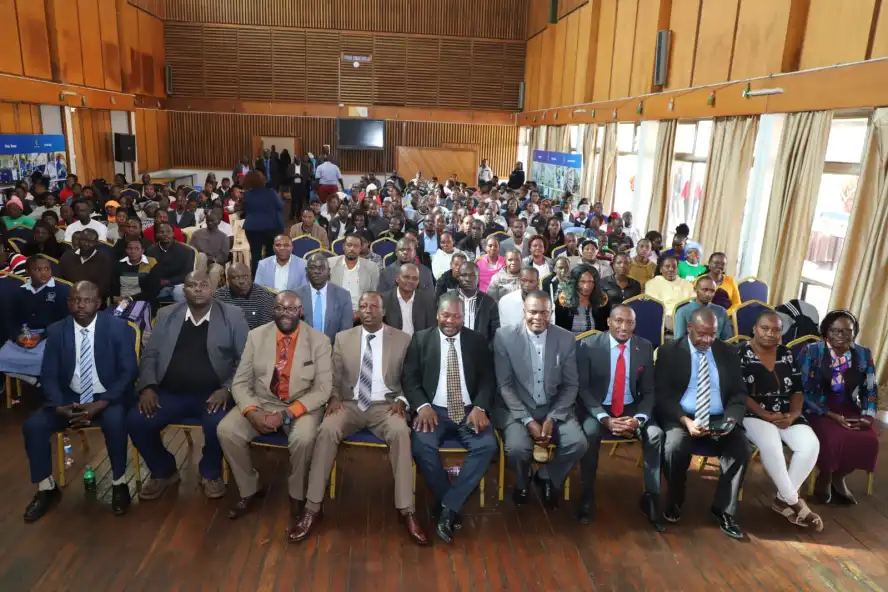The National Assembly Education Committee has pledged to accelerate the passage of a law that will formally recognise and support Alternative Provision of Basic Education and Training (APBET) schools, which serve thousands of learners in Kenya’s informal settlements.
The committee held public participation forums in Dagoretti North and Ruaraka constituencies, drawing residents, teachers, parents, school proprietors, and learners from Dagoretti North, Dagoretti South, Kibra, Mathare, Ruaraka, and parts of Kiambu County. The sessions took place at Lavington Primary School and Stima Club, respectively.
The committee is collecting views on the Basic Education (Amendment) Bill, 2025, sponsored by Dagoretti North MP Antony Oluoch. The Bill seeks to amend the Basic Education Act to include APBET schools such as those in children’s homes, institutions for learners with disabilities, and community-run facilities in slums under the official definition of basic education.
Committee Chair Julius Melly commended APBET institutions for bridging educational gaps where government schools are scarce.
“You are filling the gap where the government has not, and you have produced brilliant minds. We will ensure this Bill is fast-tracked and passed,” Melly said.
Stakeholders stressed that APBET schools are vital due to the overcrowding of public schools and the absence of government-run institutions in many slum areas.
“In informal settlements, there are no public schools in the slums. We want to be legally recognised as education service providers,” said Amos Kaguchia, a Dagoretti North school proprietor.
For Austin Omondi, proprietor of Bright Angels School in Korogocho Slum, the lack of state support has hindered learning. “I have 350 children, but I do not receive any support. We are struggling to survive,” he noted.
Teachers underscored the principle of equity in education.
“Every child, regardless of where they come from, should be given equal opportunity to basic education,” said teacher Nelly Chepkurgat.
Some educators voiced concerns over the emotional toll on learners. “APBET school children must feel they are not different from those in public schools. Right now, schools have closed because we can’t pay our teachers,” said secondary school headteacher Ouma Ayuko.
If passed, the law would ensure APBET schools are mapped, registered, and accorded the same benefits as public institutions, potentially transforming access to education in Kenya’s informal settlements.

